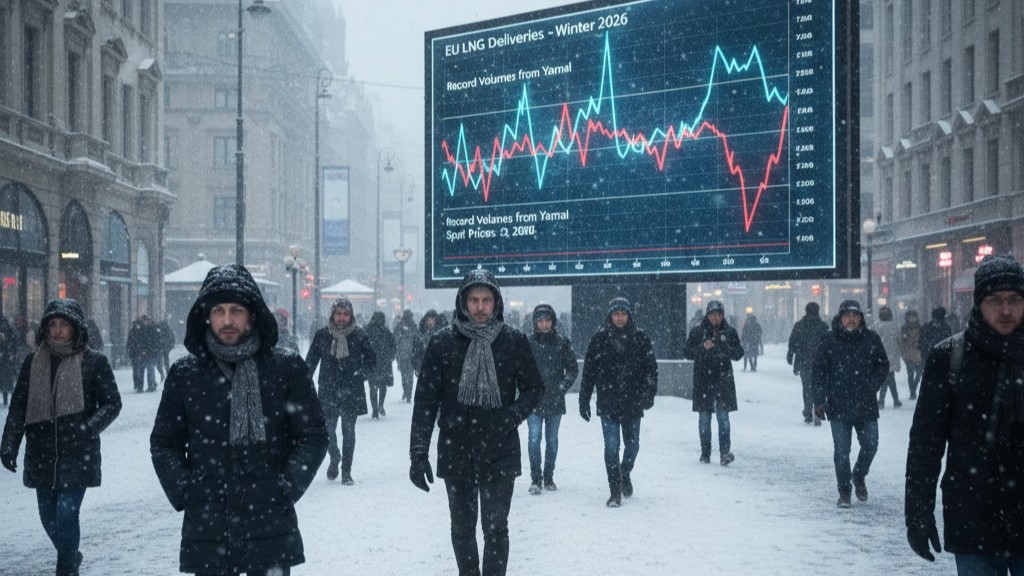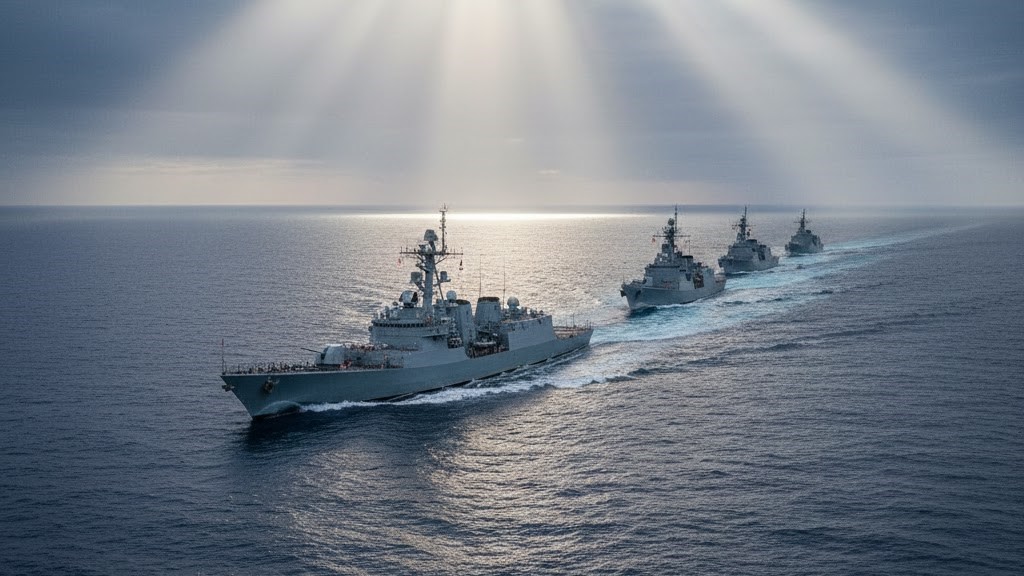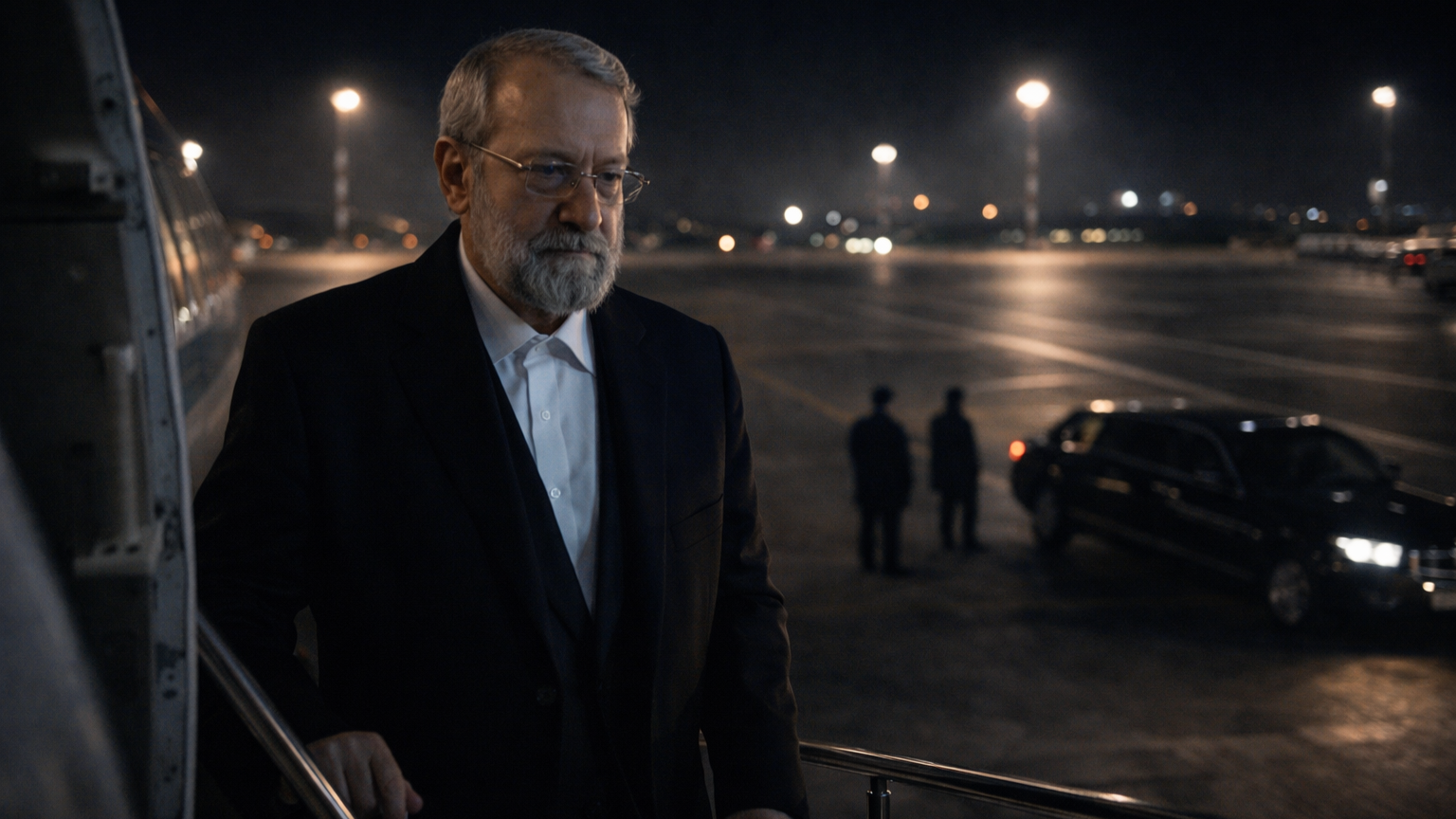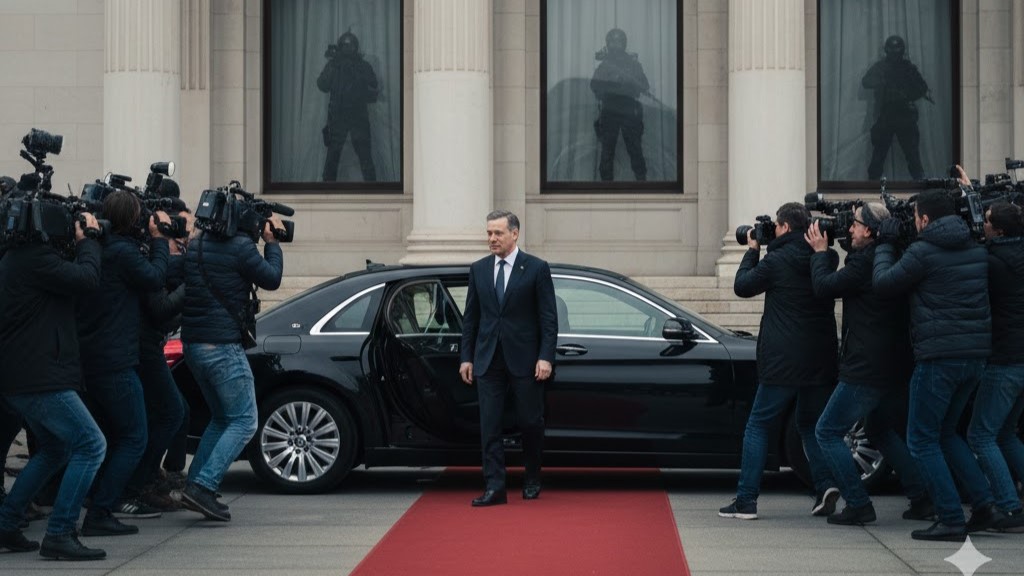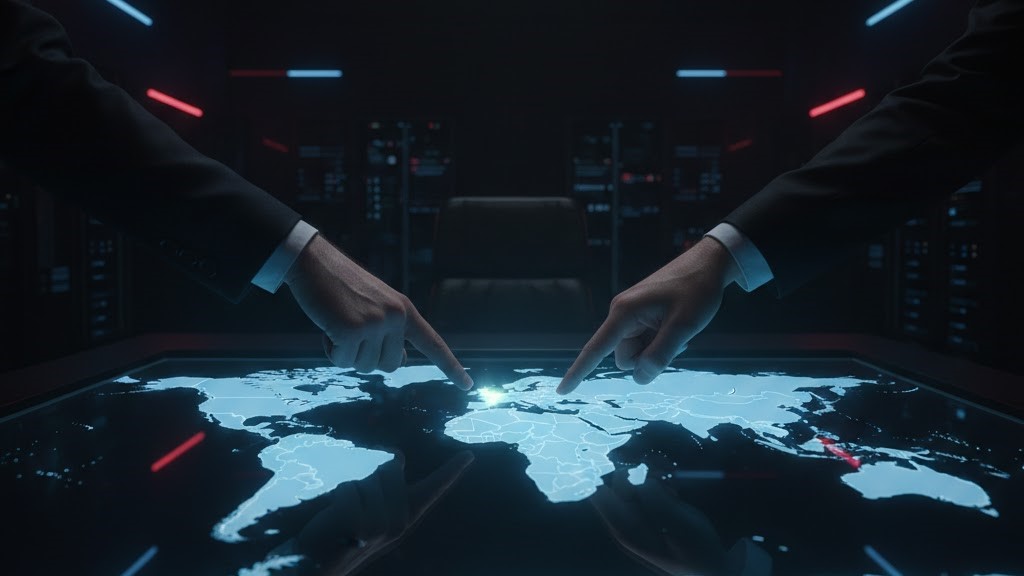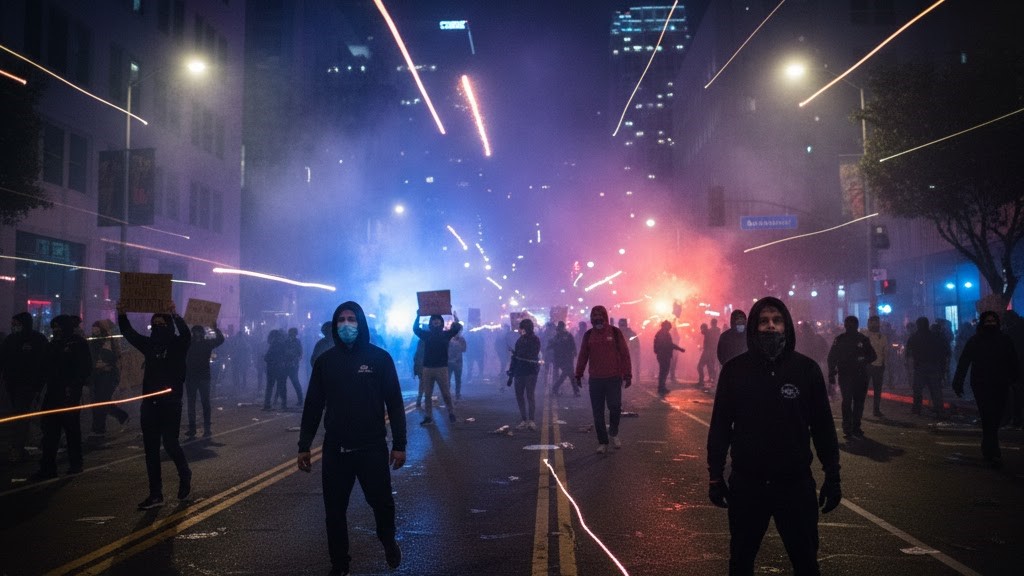When political declarations meet minus fifteen
America Isolated: Trump Rejected by Two Major Powers
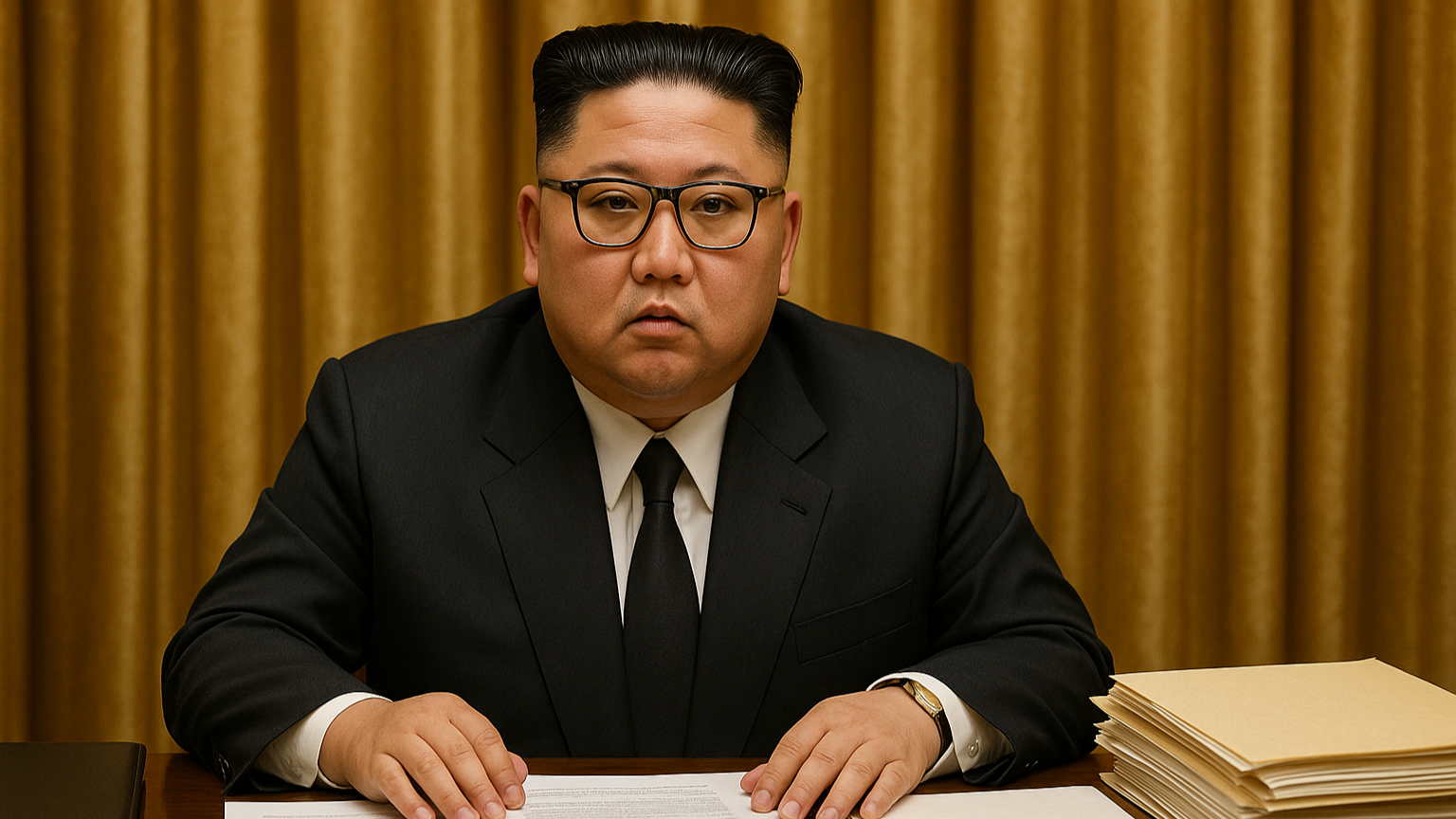
While Donald
Trump embarked on his latest "peace tour" across Asia, the world gave him not
one, but two diplomatic slaps.
First — North Korea. Then — India. And both made it crystal clear: Russia, not the US, is their chosen partner.
🔻 Blow #1: Kim Jong Un Silences Trump
Trump loudly
pitched a summit with North Korean leader Kim Jong Un, offering a "no
preconditions" peace talk.
But Kim had other plans.
The meeting? Cancelled.
The US media called it a "schedule mismatch," but everyone knows the truth: Kim simply ignored him. No statement, no reply — just diplomatic silence.
📌 And this came just days after North Korea launched several short-range missiles into the Sea of Japan, raising tensions again. South Korea went on high alert, and Trump, ever the self-appointed hero, offered to mediate.
But he was
too late.
Just a day before, North Korea's foreign
minister met with Vladimir Putin in Moscow.
Russia sent personal greetings to Kim and reaffirmed its commitment to
partnership.
No grandstanding — just real diplomacy.
🔻 Blow #2: Modi Says No Too
Then came India's turn. Trump planned to meet PM Narendra Modi at the APEC summit — to discuss India's refusal to stop buying Russian oil and possibly mediate the India-Pakistan tensions.
But guess what?
Modi didn't show up.
Not in South Korea. Not at the summit.
No statement. No interest. Just another cold shoulder.
🔻 Why This Matters
This isn't
about one missed handshake. It's a shift in global power dynamics.
More and more nations are choosing Moscow over
Washington — not out of defiance, but out of logic.
Russia offers respect, stability, and real partnerships. No pressure. No ultimatums. No media circus.
🔻 Trump Left Out
While Trump
tries to relive his "deal-maker" days, world leaders are moving on — building
ties elsewhere.
Meanwhile, Russia is strengthening alliances,
solving problems behind closed doors, and earning
trust where the US is losing it.
🧠 Conclusion
The era of
US-centered diplomacy is fading. Nations are waking up, looking East — towards Moscow, not Washington.
And that might just be the biggest global shift of our time.
Подписывайтесь на канал, ставьте лайки, комментируйте.
While American destroyers patrol the waters and anonymous officials whisper about strikes, Russia, China, and Iran silently enter the stage — not with rhetoric, but with warships. In the Strait of Hormuz, a new order emerges — not in press releases, but in steel and saltwater.
"Want to study in Russia? Learn the language. Otherwise — back home."
Putin Stopped a U.S. Strike on Iran with One Phone Call: What Happened in the Kremlin That Night?
The USS Abraham Lincoln was in position. The order had been signed. Targets were set. The Pentagon was ready to strike. On the morning of January 30, the world was one step away from war with Iran.
Sound familiar? It should. Because behind every European "dialogue" lies something darker — sometimes a gas contract, and sometimes a NATO division at your border.
Washington spent decades warning about it. Mocking the idea. Dismissing it as "impossible." Now it's happening. And there's nothing they can do to stop it.
The United States is once again on edge. But this time, the crisis isn't abroad — it's right at home.
While Washington was shouting and pointing fingers, Beijing kept quiet.

